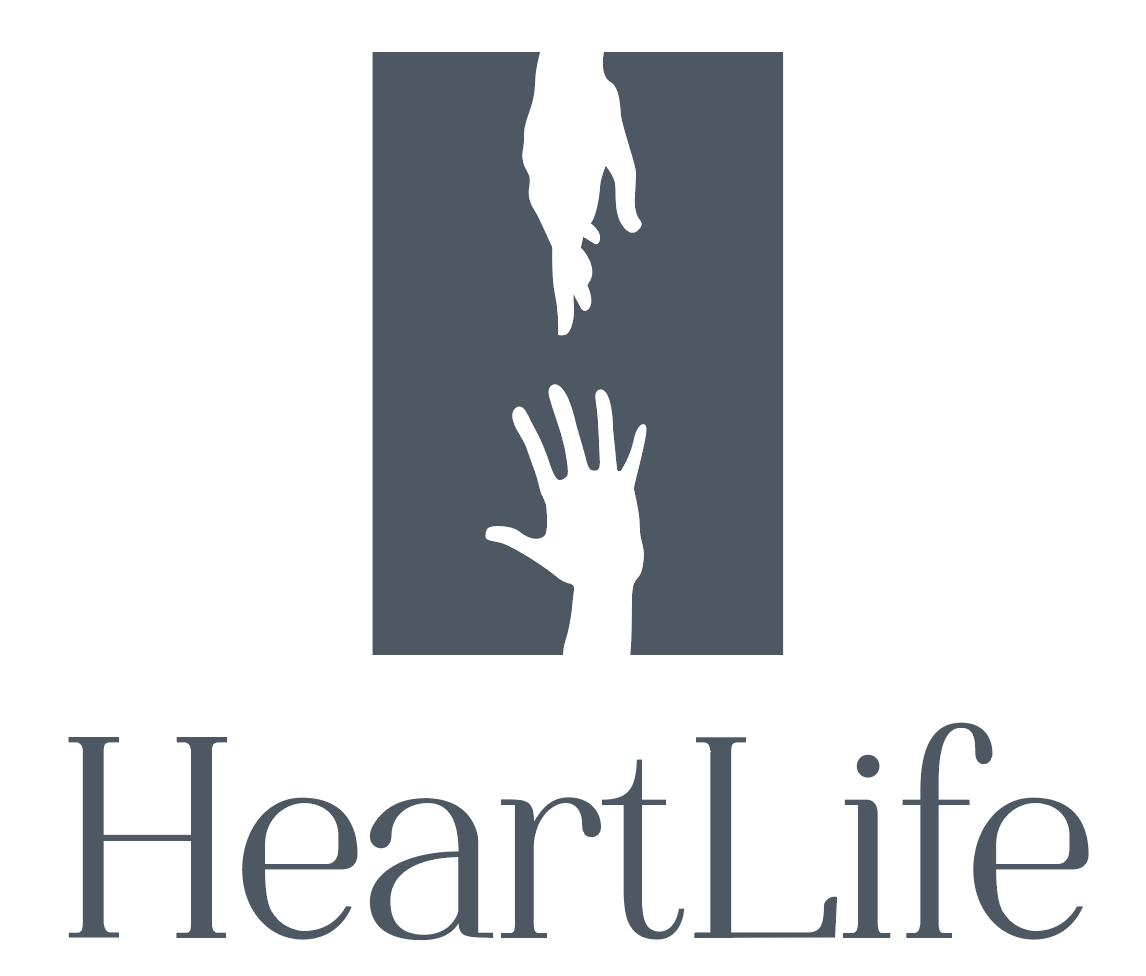Nothing New Under the Sun
by Shelby Oluwalana, MS, MEd | HeartLife Counselor
Is every family as dysfunctional as mine?
Earlier this summer, I decided to commit to reading and learning about the Old Testament in new ways. For some years, I had steered clear of the OT books during my personal devotion time. I’ll admit that part of my avoidance was due to intimidation—it’s a lot of work to understand ancient Israelite culture! Another part was grappling with seeing God at work in ways that still sometimes confuse me.
As I somewhat begrudgingly read through Genesis, I encountered a lineage of people who were far from perfect. I saw families repeating the missteps and sins of the generations before them. I read about people who loved each other but betrayed one another again and again. In that first Old Testament text, I witnessed stories that sounded a lot like those of people I know—albeit in a 2024 context. When I shared this with a coworker, they reminded me that there truly is “nothing new under the sun” in God’s eyes (Ecclesiastes 1:9). And with that, I felt encouraged. I felt encouraged that my own family’s story, and your family’s story, is never too far gone to be redeemed. It reminded me that looking back at how our families operated provides us with insights that darkness simply does not want us to have.
A lack of understanding of ourselves and our families can leave us stuck in addiction, self-blame, difficulty in relationships, and can even hold power in our lives without our knowing. But when we do the work of looking back into the past, we often begin to connect the dots, making struggles more understandable and finding hope that generational patterns can be altered. And I believe God wants this for us!
So… why does my therapist want to know about my childhood?
If you have ever been to therapy, know someone who has been, or are familiar with the stereotypes about therapy, chances are you’re aware that a counselor might be curious about their client’s childhood. But why? I’m here to tell you that your therapist is (likely) not just being nosy—they have good reasons!
People from different cultures, generations, faith traditions, and families have different values around talking about their families. While it is wise to have boundaries about what and with whom you share, we can miss out on incredible insights if we avoid it altogether! No matter your experience, know that you can share it with your therapist, and they can help you navigate any feelings that come up when you consider putting a magnifying glass on your upbringing.
I spend time asking people what growing up was like so that I can get a sense of what they might need in therapy. Here are a few things I like to explore:
Themes
Strengths
Attachment Styles
Communication Styles
Discipleship/Spiritual Upbringing
Cultural Expectations/Values
Unresolved Conflict/Strained Relationships
Overly Close Relationships
Traumatic/Difficult Events
Generational Patterns
And more…
Final Thoughts
This kind of work can be hard, but it can also be illuminating. You may make dozens of connections with your therapist and feel a refreshing sense of “this makes sense,” while at the same time it can be discouraging to name the truth. However, there is hope.
God provides us with many examples of families in the Bible that fall short and might be considered “dysfunctional.” We also learn through Scripture that in Christ, we are NEW. 2 Corinthians 5:17 encourages us with these words (MSG version):
“Now we look inside, and what we see is that anyone united with the Messiah gets a fresh start, is created new. The old life is gone; a new life emerges! Look at it!”
Whatever patterns, attachment styles, themes, or strengths emerge from talking about your family in therapy, Christ promises that you do not have to be bound by them—instead, you are made new through faith in Him.
Resources
If you want to learn more about how your family of origin impacts you, I recommend the following :
As always, consider if you are in a space to engage with these materials, as many include sensitive content that may be triggering.
Podcast: The Place We Find Ourselves - Adam Young
Book: How We Love - Milan and Kay Yerkovich
Book: It Didn’t Start with You - Mark Wolynn
Meet Shelby Oluwalana, MS, MEd!
Shelby graduated from The University of Memphis with a Master of Science in Clinical Mental Health Counseling. She is excited about working with clients to address trauma and attachment wounds in their stories in order to better illuminate their current functioning. Shelby uses EFIT (Emotionally Focused Individual Therapy), CBT (Cognitive Behavioral Therapy), and DBT (Dialectical Behavioral Therapy) approaches to help clients work through experiences of depression, anxiety, body image/eating concerns, addiction, and relationship issues.
Shelby believes integrating a client’s whole self (racial/ethnic background, gender, faith) into treatment is crucial and reflective of people as complex beings. Shelby creates an environment of safety and trust to work with clients of any age/life stage to achieve deeper understanding of themselves.



